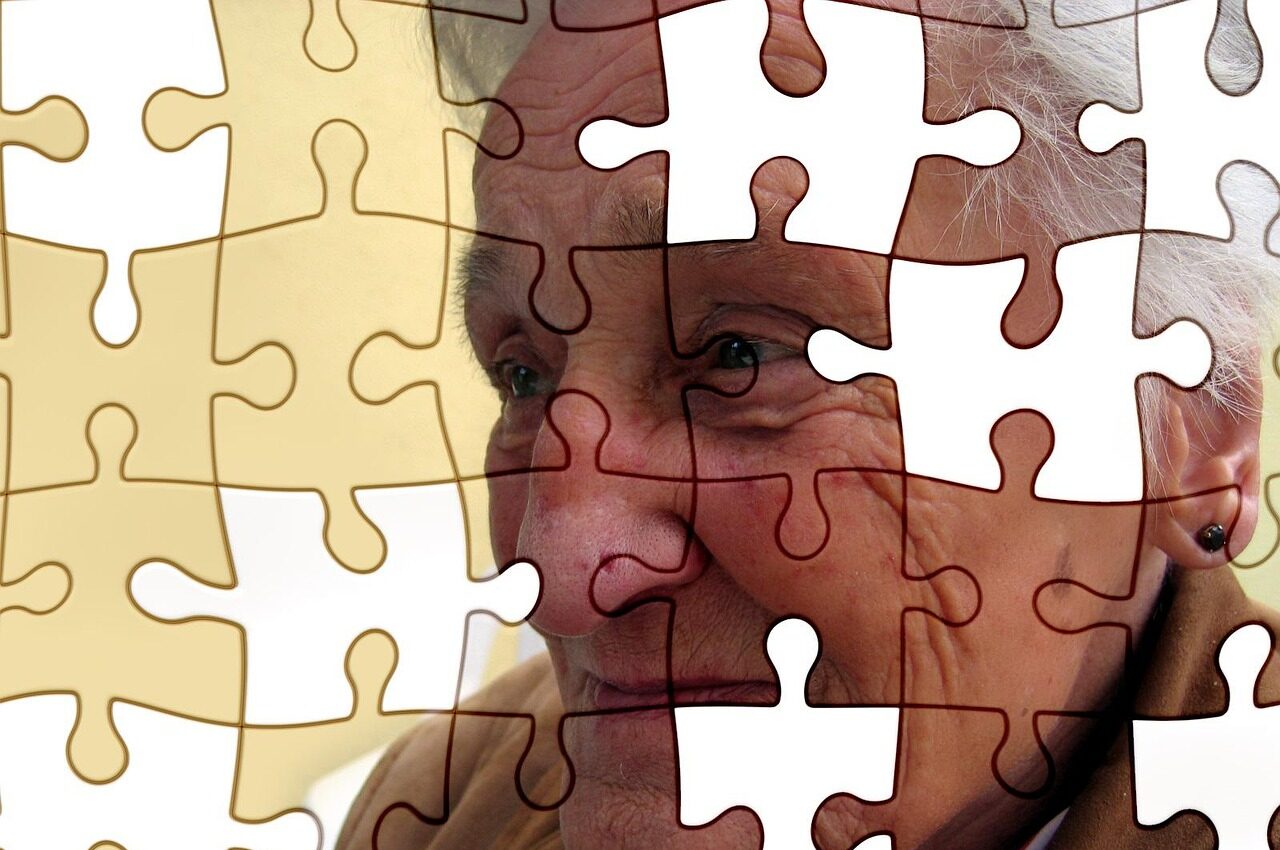Having spent a significant amount of time in Corporate America, I have recognized one prevailing assumption about the workplace and that nobody is beyond feeling emotionally drained and mentally exhausted. Although my job has programs in place to support the mental health of its workers, I am not sure who is fair game for its undertaking.
Obviously, most employers in America carry a program called EAP (Employee Assistance Program) or short-term mental health assistance. I am not sure as to the participation across the board with that, but I am sure people visit counselors, psychologists, and therapists outside of these work-related programs.
Nevertheless, I have intuitively seen the wear and tear workplaces can have on people already struggling in silence with issues that precedes their workplace. This was all highlighted when a co-worker of mine who I could tell was struggling with self-confidence, loneliness, anxiety, and potentially a few bouts of depression. Although, he laughed a lot, was boisterous at times and got on people’s nerves; I could see right through the shenanigans at a little boy (Inner Child) struggling to be seen and heard in a cold world.
Who are Broken People?
The concept of being broken is very subjective. I am not sure if a valid definition could exist but at the very root of this sentiment deals with pain. Individuals who have suffered loss, have low Self-Esteem, underdeveloped communication skills, post-traumatic stress disorder, an inadequate support systems or difficulty coping with life could qualify.
Feeling overwhelming sadness, stress, or having altered eating or sleeping patterns are not uncommon in people who express feeling broken. It’s a matter of perspective. In addition, depression, high strung anxiety, addiction and or personality disorder are themes that can show up as well.
Broken people are your everyday doctors, lawyers, dentists, presidents, CEO’s, bankers, hedge-fund managers, surgeons, professors, students, blue-collar workers, white collar workers, plumbers, construction workers, etc. So, it’s healthy not to associate broken people with the lower rungs of society. You can be old, fat, skinny, healthy, 15 or 80, it just doesn’t matter.
Why it’s important to deal with broken people.
When it comes to dealing with broken individuals you need to put your thinking caps on. When you talk about productivity, morale, and culture everything is at stake in your job. It’s important to deal with broken given your penchant for indifference, because you can learn how to become more empathetic to their struggles.
This is not to negate your own issues, but it becomes more glaring of those that struggle with the things that you have mastered. I am dealing with more A$# Holes than I think ever in my life in the workplace. I am learning and leaning into what it means to have compassion for those that think totally different from individuals I associate with.
It’s about your own personal growth & development. It’s about getting outside of your comfort zone by leveraging what it means to practice acceptance and to improve your own self-worth.
How to deal with broken people
If you find yourself at odds with individuals that you feel may be struggling in a few areas of their lives; show empathy and compassion, avoid judgment or criticism, offer support but most importantly set healthy boundaries. If a situation arises where you are forced to entertain otherness lean all the way in. Never run from conflict or invalidated experiences.
Maybe you are the person that never argues or debates people on the job; and all of a sudden you are in a shouting match about who will win this week, what the president is doing or how things are taking place at work. Again, these are opportunities to engage people at their level without throwing shade at the fact that you can sense something is going on at a much deeper level in their lives.
We all are broken in some way.
We all struggle and have vulnerabilities in this life. I was always taught that you can never have a breakthrough without first having a breakdown. I have struggled myself with anxiety, depression, FOMO, and the fear of dying. I have ridden on a few planes in my life and everything that plane leaves the ground I think the thing is going to crash.
I have lost a parent, uncles, aunties, grandparents, money, friends, opportunities, and even a child. I am vulnerable at times when it comes to relating to others who haven’t put in the work that I have on myself. I was once a mess, but I didn’t allow myself to live in the afterbirth of my trauma.
I encourage you to reflect on your own emotional well-being. Addressing your own personal brokenness can help improve workplace relationships and productivity. One of the reasons I jog daily, take my vitamins, meditate, do yoga, and journal along with a cup of my ginger tea is so that I can be a positive contribution in the workplace. I don’t want to make it worse but aid in the discussion of healing with my presence alone.
—
Previously Published on Medium
—
iStock image
The post Dealing With Broken People on Your Job appeared first on The Good Men Project.
Original Article










